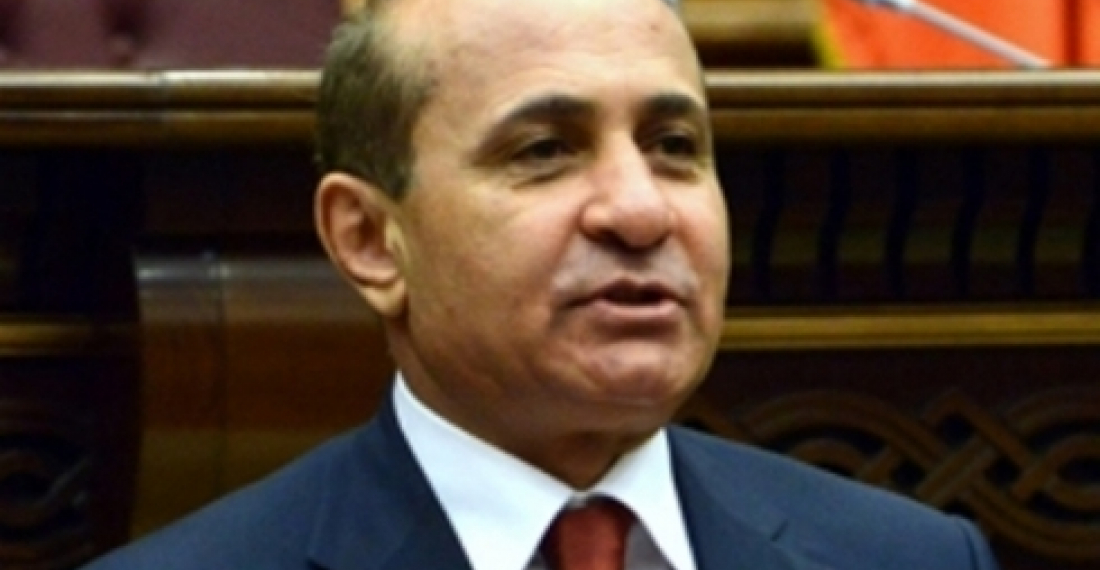Новым премьер-министром Армении назначен Овик Абрамян до этого занимавший пост председателя парламента Армении. О его назначении было объявлено после того как президент Серж Саргсян сегодня утром встретился с руководством правящей Республиканской партии Армении (РПА). Новый премьер-министр, как ожидается, сформирует новое правительство в ближайшие три недели.
Слухи о назначении Абрамяна ходили в Ереване последние дни после отставки Тиграна Саркисяна. Абрамян считается стойким приверженцем президента Сержа Саргсяна, он был ответственным за избирательную кампанию РПА на последних президентских и парламентских выборах.
Однако, Абрамян не всеми любим, а некоторые видят в этом назначении еще один признак того, что период реформ в Армении в настоящее окончен, и что единственным приоритетом отныне является подготовка государственных структур для слияния с Таможенным союзом и Евразийским союзом, продвигаемых Россией, к которым Армения хочет присоединиться как можно скорее.
источник: commonspace.eu
фото: Новый премьер-министр Армении Овик Абрамян (фото из архива)
Президент Серж Саргсян назначил своего давнего союзника Овика Абрамяна, который до настоящего времени занимал пост председателя парламента, в качестве нового премьер-министра.
Президент Серж Саргсян назначил своего давнего союзника Овика Абрамяна, который до настоящего времени занимал пост председателя парламента, в качестве нового премьер-министра.






